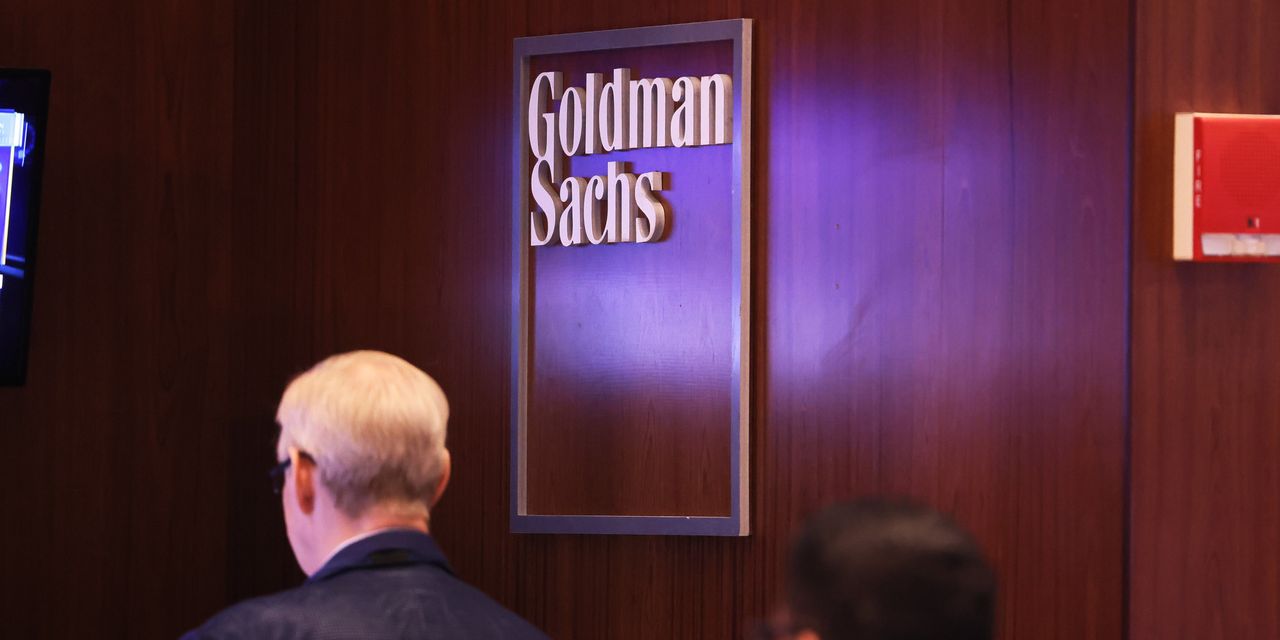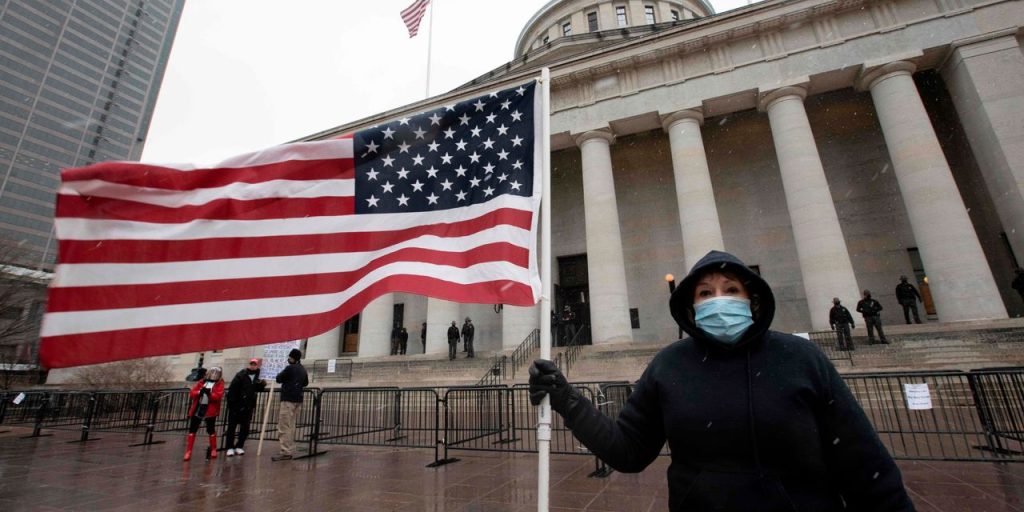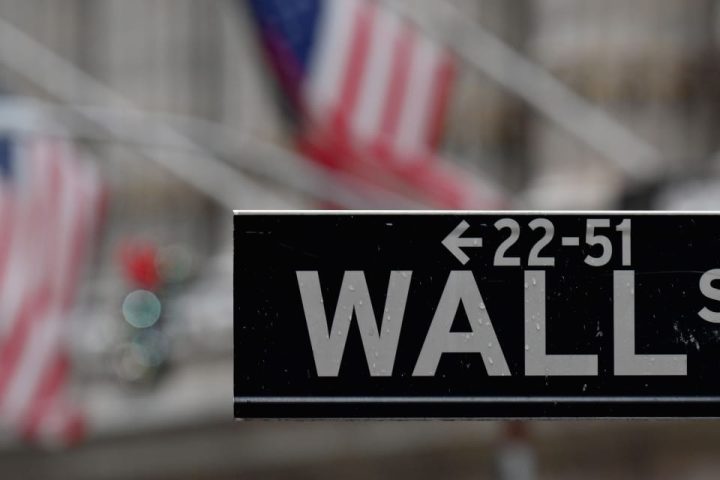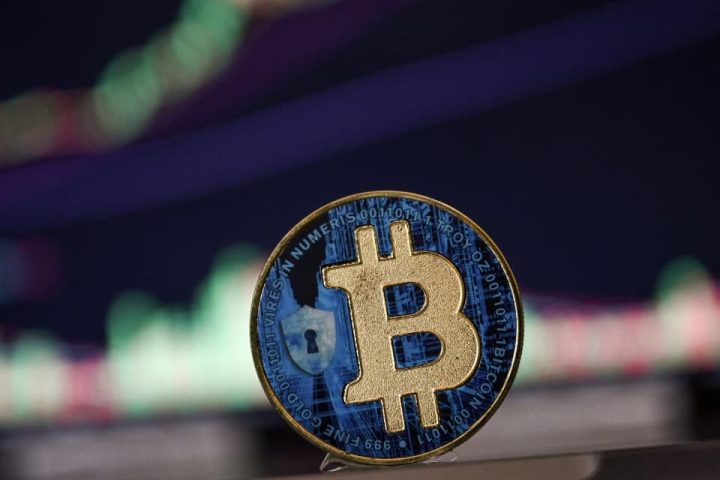Economists worried about a recession next year often cite the lagged effect of the Federal Reserve’s 11 increases in interest rates over the past 20 months. But Goldman Sachs’s chief economist, Jan Hatzius, is not concerned.
In an interview Wednesday with CNBC, Hatzius said he thinks “the biggest negative impact is already behind us.”
The question of the lagged effects of prior hikes is one of the clearest dividing lines among Fed officials. In general terms, Fed officials who think the central bank has raised interest rates enough believe that the economy is still going to be hit by these “lagged” effects.
Officials who want to at least keep the door open for potential increases in interest rates think the bulk of the effects from prior tightening have passed through the economy already.
In a new outlook, Goldman is in the latter camp. Economists at the investment bank estimate that most of the drag on GDP growth from the Fed’s hiking cycle occurred in 2022 and early 2023.
The recent, relatively brief runup in long-term interest rates
BX:TMUBMUSD10Y
has prolonged the drag on growth for a couple more quarters, but Goldman believes those effects will soon fade to zero.
What do some economists get wrong? Goldman said that the lags from tightening to GDP growth are shorter than widely believed because the clock starts when markets anticipate tightening.
Hatzius said on CNBC that he was “pretty optimistic” about the outlook. This year proved that inflation came come down without really hurting the economy, he said.
Strength in real disposable household-income growth will continue to help consumers, he said.
Hatzius said he expects the Fed “does nothing” until the fourth quarter of 2024. That could put the move past the presidential election.
The Fed won’t cut rates sooner because inflation will remain a little above 2%, Hatzius said. The central bank might cut earlier if the economy hits an unanticipated speed bump, he noted.
Read the full article here







